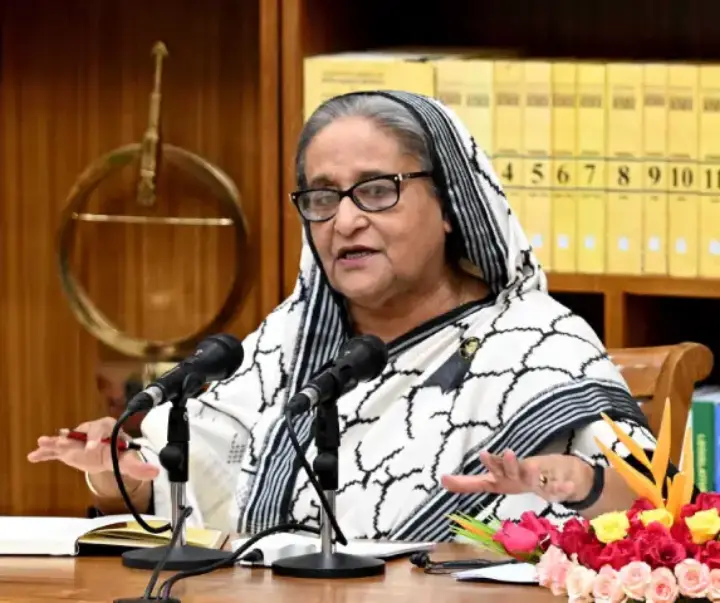A nationwide strike or hartal is underway in Bangladesh. The protest called by opposition Bangladesh Nationalist Party along with other parties, following the announcement of the general election schedule, has so far been marked by sporadic incidents of attacks. The hartal that started Sunday will end tomorrow.
Noted Bangladeshi journalist and author Syed Badrul Ahsan said that hartals in these times are being reduced to a state where they are being used to undermine a state which is home to an elected government that has presided over a remarkable degree of economic growth. While hartals, a “powerful weapon” against authoritarian government have been common in Bangladesh, Ahsan points out that this weapon may have limited use against a “constitutional government.”
In today’s context, a hartal can be dangerous when viewed from an economic angle. It leads to massive losses and erosion of livelihood.
Bangladesh will go to polls on January 7. The opposition parties have demanded Bangladesh Prime Minister Sheikh Hasina’s resignation. Hasina, who has been at the helm for 15 years, will seek a re-election for the fourth time. Most political pundits have predicted Hasina’s comeback, especially amid the opposition boycott. BNP had boycotted the elections in 2014. However, it participated in 2018.
“For the opposition, there are the many ways in which it can carry its message across to the country — through discussions, through meetings with the media, through public rallies, through seminars, through formulating policy and the like,” Ahsan said, adding that the opposition parties must focus on their election strategy and spell out their economic and foreign policies.
Hasina has managed to uphold the secular principles of the country. Her government has continuously been taking several measures to eradicate extremist elements from the country. Hasina has remained focused on the economy. Bangladesh, which was considered a basket case at its birth in 1971, reached lower-middle income status in 2015, driven by Hasina’s economic policies.
And now the country is preparing to exit the UN’s Least Developed Countries (LDC) list in 2026.
Meanwhile, Prime Minister Narendra Modi and Hasina have been focusing on increasing connectivity – both physical and economic. Modi, earlier, described Bangladesh as a “soho jatri” (co-passenger) in India’s journey.
“The thrust for both nations have been on issues that help in building bridges, for example in spite of the thorny issue of Teesta river water sharing, the two nations have managed to build a bond as trustworthy neighbours,” an analyst said.
India and Bangladesh share a 4,096-km long border– the fifth-longest land border in the world. Several states including West Bengal, Assam Meghalaya, Tripura and Mizoram have international borders with Bangladesh.
Also read: Modi and Hasina inaugurate new transport nodes, set template for prosperity in Bay of Bengal region




















